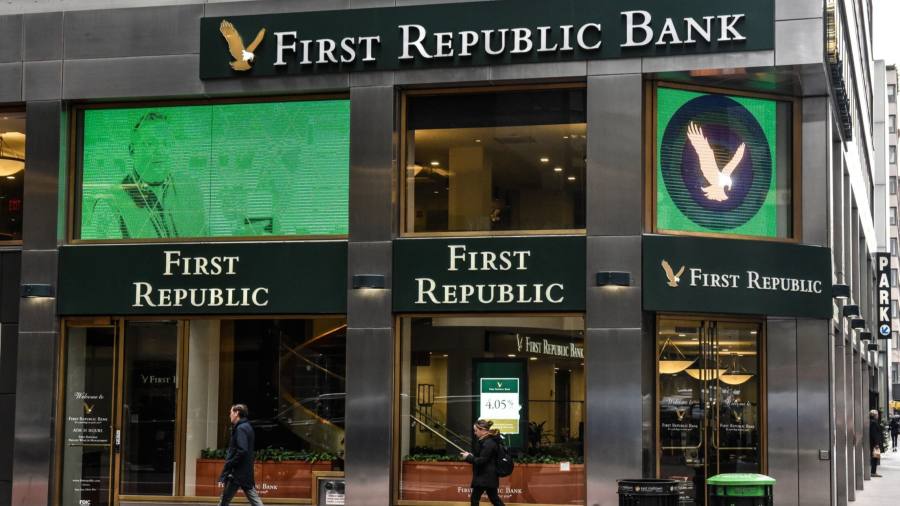After Defeat in Michigan to Trump, Haley Faces Potential Last Stand in Upcoming Super Tuesday Contests
Former President Donald Trump secured another easy victory in the Michigan Republican primary on Tuesday, extending his unbroken winning streak to six straight GOP contests. This deepens doubts about the prospects of his last remaining challenger, former South Carolina Gov. Nikki Haley, ahead of next week’s crucial Super Tuesday.
The Associated Press called Michigan for Trump at 9:00 p.m. EST, right as the last polls closed. The AP also declared President Joe Biden the winner on the Democratic side, despite an effort to get voters to choose “uncommitted” in opposition to his handling of the Israel-Hamas conflict.
Haley has vowed to continue through Super Tuesday but has not committed to anything beyond that. “March 5 is as far as I’ve thought in terms of going forward,” Haley told reporters after voting in Saturday’s South Carolina primary.
Michigan primary results showed Trump with more than 756,000 votes (68.2%) to Haley’s 294,000 votes (26.6%), a margin of over 40 percentage points.
Could the end be near for Haley?
When asked if her pledge to campaign “until the last person votes” means she intends to compete through the end of primary season in June, Haley clarified that she was referring to South Carolina’s primary. Additionally, Americans for Prosperity Action, a conservative group founded by the Koch brothers, announced it would no longer fund her campaign. “Given the challenges in the primary states ahead, we don’t believe any outside group can make a material difference to widen [Haley’s] path to victory,” AFP president and CEO Emily Seidel stated.
The challenges for Haley are significant. On March 5, 15 states and one territory will vote, including major delegate prizes like California and Texas. A total of 874 delegates, or 36% of this year’s GOP total, will be at stake.
Haley has focused on one state at a time until now, spending heavily in New Hampshire and South Carolina, where she placed second in both with 43% and 40% of the vote, respectively, due to strong support from independent voters. However, Haley has only earned 20 delegates so far, while Trump has won more than five times that number.
How the math favors Trump
In South Carolina, Trump won 47 delegates to Haley’s 3. Registered Republicans, who favor Trump, dominate even open primary contests, and winner-take-all rules mean that the first-place finisher is awarded most delegates. This trend is likely to continue as winner-take-all and winner-take-most primaries become more common.
Why Super Tuesday could be decisive
Haley isn’t quitting yet and has rallies planned in upcoming states like North Carolina, Virginia, Minnesota, Colorado, Utah, and Massachusetts. Her campaign is also focusing on states with open primaries and a history of supporting moderate Republicans. However, recent polls show her trailing Trump by wide margins in Vermont, Maine, and Virginia.
Haley’s campaign manager predicts she will keep running until the “door closes.” After Super Tuesday, Republicans will have allocated nearly half of their delegates. By the end of March, 71% of delegates will be locked in, and Trump’s campaign estimates he will secure the nomination by March 19.
With legal challenges against Trump delayed until at least March or later, Haley likely cannot rely on the courts to change the Republican race. If she doesn’t want the door to close, she’ll have to keep it open herself — and Super Tuesday could be her last chance.


